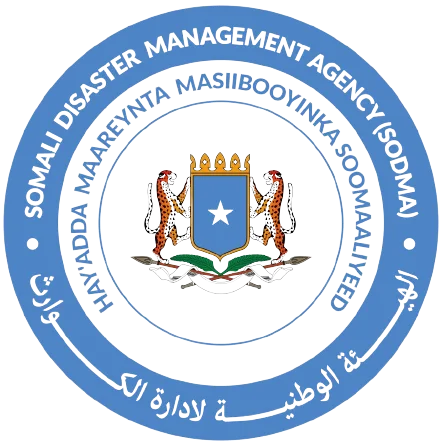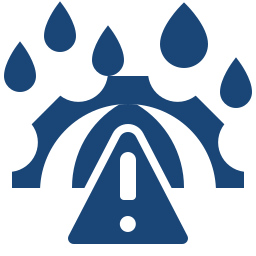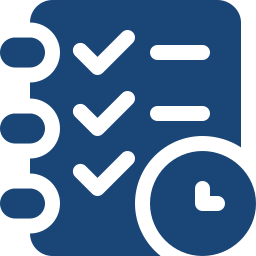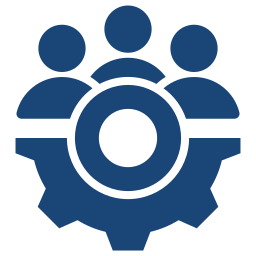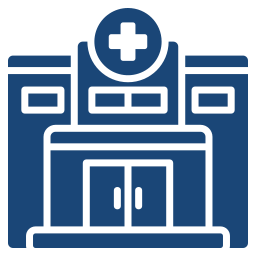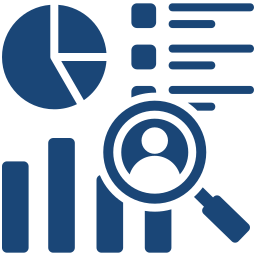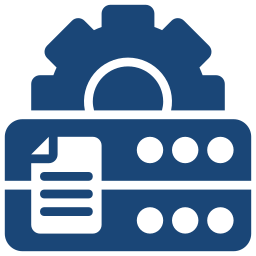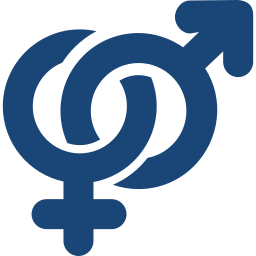Xarunta Hawlaha Gurmadka Qaran (NEOC)
Aasaaska NEOC
Soomaaliya waxay la kulmeysay tiro aad u badan oo ah iskahorimaadyo hubeysan oo dabiici ah, kuwo siyaasadeed iyo kuwo daba-dheeraaday, kuwaasoo isku xiray masiibo adag. Waxay si cad u qeexaysaa dariiqa loo maro burburka Soomaaliya ee ay u gogol xaartay burburkii dawladeed ee 1991. Aafooyinku waxay had iyo jeer ahaayeen arrimaha ilaalinta madaniga ah, waxaana la arkay in siyaabaha lagula tartami karo ay ka mid tahay in loo diyaar garoobo ka hor intaysan dhicin. Dowladda Federaalka ah ee Soomaaliya (XFS) ayaa mudnaan siisay horumarinta tayada heer federaal iyo heer dowlad goboleed si loo maareeyo musiibooyinka wax ku oolka ah ee qorshayaasheeda horumarinta Qaranka tan iyo 2017-2019, iyo barnaamijka dawladda ee Dan Qaran ee hadda jira. Bishii Janaayo 2018, DFS waxay ansixisay Siyaasadda Maareynta Musiibooyinka Qaranka taasoo bixisa qaab-dhismeed sharciyeed lagu dhex gelinayo maaraynta musiibooyinka (DM) qaab dhismeed ku habboon dowladda. Ujeeddada siyaasaddan ayaa ah in la xoojiyo awoodda qaranka ee u diyaar-garowga musiibada, wax ka qabashada, yaraynta, ka-hortagga, iyo soo kabashada, si loo ilaaliyo nolosha iyo hab-nololeedyada, hantida, deegaanka iyo guud ahaan dhaqaalaha. Siyaasaddu waxay aqoonsan tahay in iyada oo dawladdu ay leedahay doorka koowaad ee dhimista khatarta musiibada, mas’uuliyadda waa in ay wadaagaan dhammaan daneeyayaasha sida dawladda hoose, bulshada rayidka ah, ganacsiga gaarka ah, iyo ururada kale ee qaranka iyo kuwa caalamiga ah.
ARAGTII NEOC
Samaynta Xarunta Hawlgalka Degdegga ah ee Qaranka si ay isugu xidho dhammaan u-diyaargarowga xaaladda degdegga ah iyo hawlgallada wax ka qabashada haddii ay dhacdo xaalad degdeg ah oo qaran.
Ergada NEOC
Xoojinta awooda dawladeed si ay si wax ku ool ah isugu duwdo oo ay u dhisto adkeysiga bulshooyinka u diyaar garowga iyo wax ka qabashada xaaladaha degdega ah iyadoo loo eegayo heerarka iyo dhaqamada ugu wanaagsan caalamka.
Xarunta Gurmadka Degdegga ah ee Qaranka waxaa la aas aasay Wasaaradda Gargaarka iyo Maareynta Musiibooyinka (MoHDM) iyadoo markii dambe lagu wareejiyay Xafiiska Ra’iisul Wasaaraha ilaa 3rd August 2023 markaasoo dib loo soo celiyay Maareynta Masiibooyinka Soomaaliya. Wakaalada (SoDMA) waxay noqotay guriga hay’adaha ee Xarunta Hawlgalka Degdegga ah ee Qaranka (NEOC). Xaruntu waxay diiradda saari doontaa xoojinta awoodda Dawladaha Soomaaliya (oo ay ku jiraan dawladaha FM-ta ah) si ay u maareeyaan, isku dubaridaan ugana jawaabaan masiibooyinka dabiiciga ah (tusaale la xidhiidha isbeddelka cimilada) iyo colaadaha. Go’aankan laba-geesoodka ah SES-labaad waxa uu diiradda saaraya)iskudubarid farsamo ee aasaaska iyo hawlgelinta hormoodka Xarunta Hawlgallada Degdegga ah ee Qaranka iyob)Si loo dhiso awoodda Waxqabadka, aqoonta , hab-dhaqanka iyo ku-dhaqanka u-diyaargarowga iyo Jawaab-celinta Degdegga ah (EP&R), dhex-dhexaadinta arrimaha Goynta-isku-tallaabta ( sinnaanta jinsiga & sinnaanta iyo deegaanka) iyo ka-qaybgalka.
Ujeedada Xarunta Waxqabadka Degdegga ah ee Qaranka waa in la dhiso xarun qaran oo isku dubaridi doonta dhammaan diyaargarowga xaaladaha degdegga ah iyo hawlgallada wax ka qabashada haddii ay dhacdo xaalad degdeg ah oo qaran iyo in la xoojiyo awoodda dawladda si ay si wax ku ool ah isugu dubbarido oo ay u dhisto adkeysiga bulshooyinka iyadoo loo eegayo heerka ugu wanaagsan adduunka iyo gobolka. dhaqamada iyo heerarka.
Tan waxa ku jira qorshayaasha degdega ah iyo horumarinta hababka ilaalinta madaniga ah. Intaa waxaa dheer, NEOC waxay adeegsan doontaa dhismaha cusub ee G+1 ee cusub
Raac Linkinga
